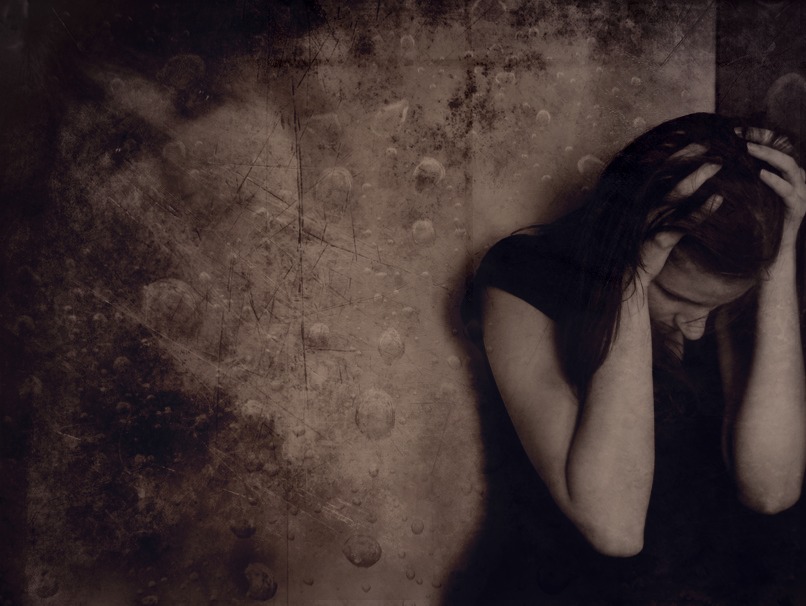
More Than a Sentimental History
Something was rumbling today. Somewhere. I couldn’t place it. Didn’t seem like it was coming from the airport. Probably nothing. Probably. But for the first time in my adult life, far removed from the Cold War days when I lived as a child in the Midwest, when we used to hide under our desks, I thought about home in a way I hadn’t thought about it before. You see, at this moment in human history, a few fingers at the edge and the threat of a nuclear button, is now the difference between getting to kiss my wife one more time or not comes down to the sanity of an increasingly insane world.
The same thought crossed my mind when I was driving home this afternoon, when I looked ahead, across the interstate, and saw a cloud of smoke billowing out of a building near the one where my wife used to work, before they started keeping everyone home. So I sat there, looking at the light, thinking about Taylor Hawkins, the Foo Fighters drummer who died from a cocktail of alcohol and drugs last week. I sat there, thinking about Tommy Raskin, the son of Congressman Jamie Raskin, who committed suicide in late 2020. I thought about the scenes of needless brutality in the Ukraine. I thought, over and over and over, about the slap heard round the world, not because of Will Smith, or Chris Rock, or the people on either side of right and wrong, but because of what it says about our collective psyche, this place we’re in, all of us trying to laugh at things and during times that make us cry, but feeling so, so enormously on edge, ready to explode.
A couple of days ago, I read a book about the grounded planes on 9/11, the ones that were rerouted to Gander, Newfoundland, a town of only a few thousand, hosting an equal number of unexpected guests from all over the world, people with children, people with places to go, people traveling and confused from overseas. I read about people who gave up their homes, their showers, their fridges to help these travelers acquire some sense of normality, some connection with civility, a restoration of sanity while they all waited, together. I read about all the bus drivers who were on strike but put their animosities on hold to transport thousands from the airport to any of a hundred shelters for several days straight, through days and through nights. I read about people who brought diapers, cared for hungry animals, pharmacists who bent rules to ensure people had whatever life-saving medicines they needed during an emergency. I read about people who did sane, logical, thoughtful things at one of the most insane moments in history.
But guys. Ladies. Gentleman. My friends. I think what most troubles and rattles and shakes us now, in this present moment, is not that these are insane times, but that more and more people are losing their grip with reality as an act of political sport, people who know reality, but choose, instead, for the sake of entertainment, for the sake of party, for the sake of some cultish community, to pretend that accountability doesn’t matter, that the most obvious truths aren’t really true, that everything, absolutely everything is up for question, up for debate, perfect for another controversy. What most troubles, rattles, and shakes us in this present hour is that people who ought to know better, people we might have once trusted to be civil, to be thoughtful, kind, and compassionate are no longer that. And in order to maintain our relationships with those who have lost their grip, we dabble in further entertaining their insanity, talking about it, sometimes even believing it, further propelling the world and ourselves away from any rope that once held us and tethered us to anything that made sense.
On a scale of 1 to 5, I rated that 9/11 book at a 3. Not because it wasn’t sweet, or heartwarming, or because it had to do with some distant and fading part of history, but because right now, in this moment, I think we’re all searching for something more than a sentimental history of times when we were nicer, better, more civil. I think we’re all searching for people who still have a grip, because if the world is blown into the orbits of hell tonight, or tomorrow, or in the next decade, we’ll need some hands we can trust to hold us.
For as long as I live, I’ll strive to be one of those hands. I promise. But I’d sure love to see more of them out there, bringing us back down, off the ledge, back onto stable, steady, reasonable ground.

